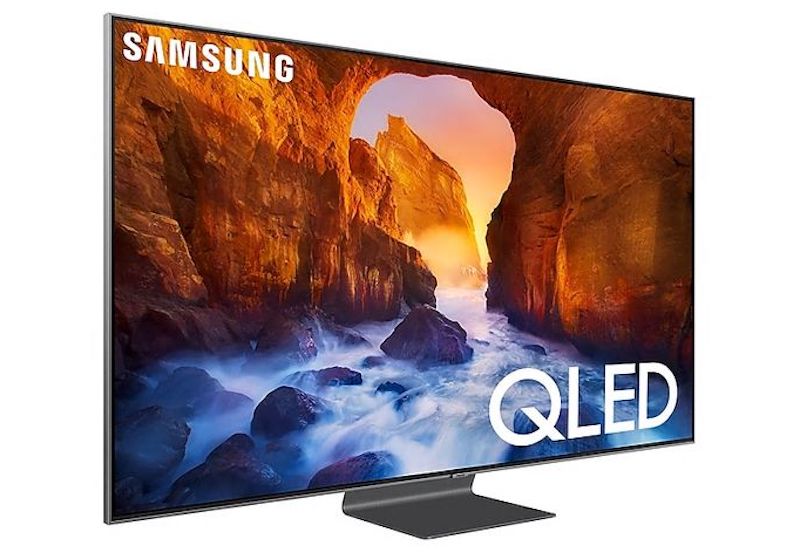Samsung’s take on OLED TV encounters a production delay

Samsung has a version of OLED TV panel technology in the works, but it looks like consumers will have to wait a while to see it. According to reports, the mass production of QD-OLED panels has been delayed.
Samsung retains a number of interests across the TV market with its QLED displays currently in stores as well as an eye on the future with MicroLED technology. Despite producing a curved OLED TV for several markets back in 2013, it has not returned to it since.
In the meantime Samsung has poo-pooed OLED TVs while bigging up its Quantum Dot displays, but there have whispers it has been pursuing and evaluating its own version of OLED technology.
Related: MicroLED – everything you need to know
This panel would be a hybrid of QLED and existing OLED technologies, and we assume this would be a marriage of OLED’s sumptuous contrast and QLED’s imperious brightness. A few months it was reported that conversion and trial production of hybrid QD-OLED panels was to start in the latter half of 2019 with mass production being ramped up in 2020.
That no longer appears to be the case. According to a report by OLED-info, Samsung aims to proceed with the development of hybrid QD-OLED panels but at a slower pace than was initially expected. Trial production has been pushed back to 2020 with mass production expected to begin in 2023.
The report also says that Samsung has decided to convert its 8-Gen fabrication line to focus on the production of 55−inch sizes and smaller. Considering LG is also looking to produce smaller OLED panels, could this signal a drive to bring OLED sizes and prices down to more accomodating and affordable levels? It seems we’ll have plenty of time to wait and see and how this will develop.
Source: OLED-info


